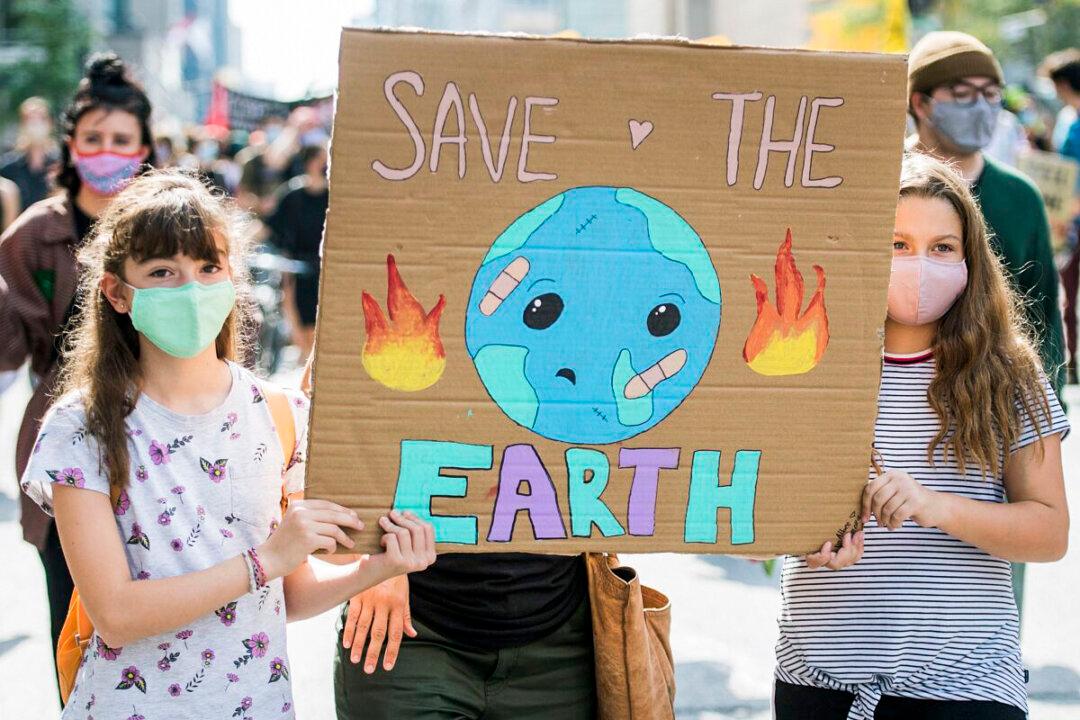The message stated in the Intergovernmental Panel on Climate Change’s (IPCC’s) report, warning that “nobody is safe” from human-caused climate change is “irresponsible and misleading,” according to longtime environmental activist Michael Shellenberger.
The IPCC published a report in August stating that human-caused climate change is accelerating and that radical changes to human behavior are needed to avert disaster.




